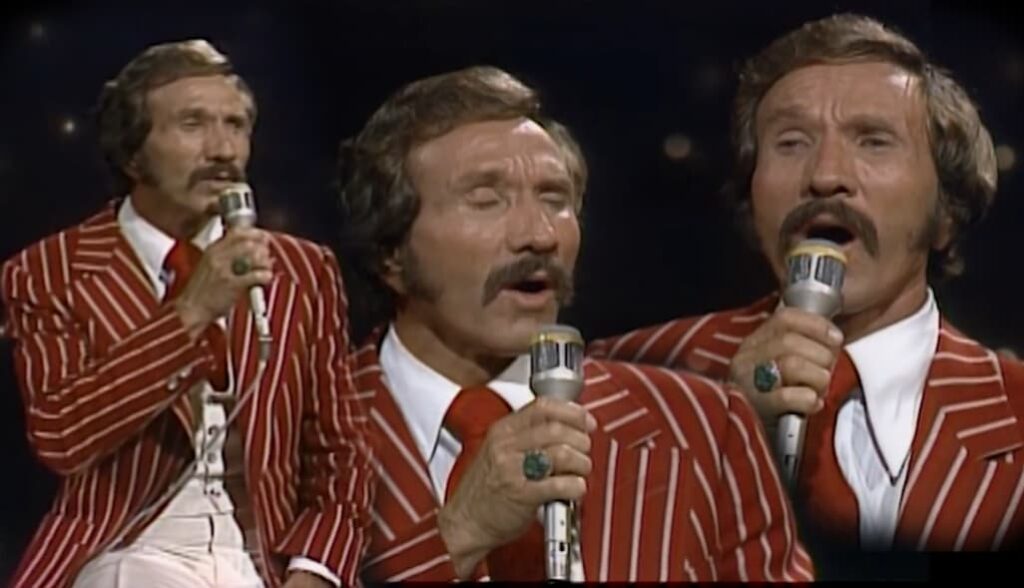
“You’ll Never Walk Alone”: A Resonant Anthem of Hope and Resilience
For those of us who have lived through a few decades, certain songs aren’t just melodies; they’re markers of time, emotional touchstones that bring us back to a specific place or feeling. One such song is “You’ll Never Walk Alone”, an enduring anthem of hope and resilience that found its way into the hearts of millions, transcending its origins to become a powerful symbol of solidarity. While many may associate this song with the rousing chants of a football stadium, the version I recall with a certain wistful fondness is the one by the great Marty Robbins.
It was back in 1959 when Robbins released his take on the classic tune. At the time, his career was in a fascinating and productive phase. He had a string of hits in country music, but he was also a versatile artist who wasn’t afraid to explore different genres. “You’ll Never Walk Alone” was a standout track on his album Marty Robbins Sings Spirituals. While not released as a single, the song found its place on the album, a testament to Robbins’s respect for and appreciation of gospel and spiritual music. This was a time when artists could release entire albums dedicated to a single theme, and this one felt particularly personal and heartfelt.
The song’s history is, of course, far older than Robbins’s 1959 recording. Written by Richard Rodgers and Oscar Hammerstein II for their 1945 musical Carousel, it was originally a moment of solace and comfort. In the show, the character Nettie Fowler sings it to the main character, Julie Jordan, after her husband, Billy Bigelow, dies. It’s a song meant to bring comfort in the darkest of times, to remind someone that even in the deepest grief, they are not alone. It’s a message that resonates universally. The song itself is a simple yet profound promise: no matter the hardship or the storm you face, you will not walk alone. It’s about finding strength and courage in the knowledge that there is always someone there for you, whether it’s a friend, family, or a higher power. It’s a powerful message, one that found a new life and an unexpected home in the world of sports.
But before it became a football anthem, it was a song of quiet reflection and spiritual strength. When I hear Robbins’s version, I don’t hear a stadium roar; I hear the smooth, rich baritone of a man who understood the profound weight of those words. His rendition is steeped in sincerity and a gentle, comforting grace. It lacks the frenetic energy of later versions, opting instead for a quiet, solemn beauty. It’s a performance that feels like a warm hand on your shoulder during a difficult time, a silent nod that says, “I understand.” For many, this version captures the true essence of the song: a private moment of solace, a personal prayer for strength. It’s a reminder that even when the world feels overwhelming, there is a path forward, and you are not alone on it. It’s a song that speaks to the timeless human need for connection and reassurance, a beautiful and enduring sentiment.